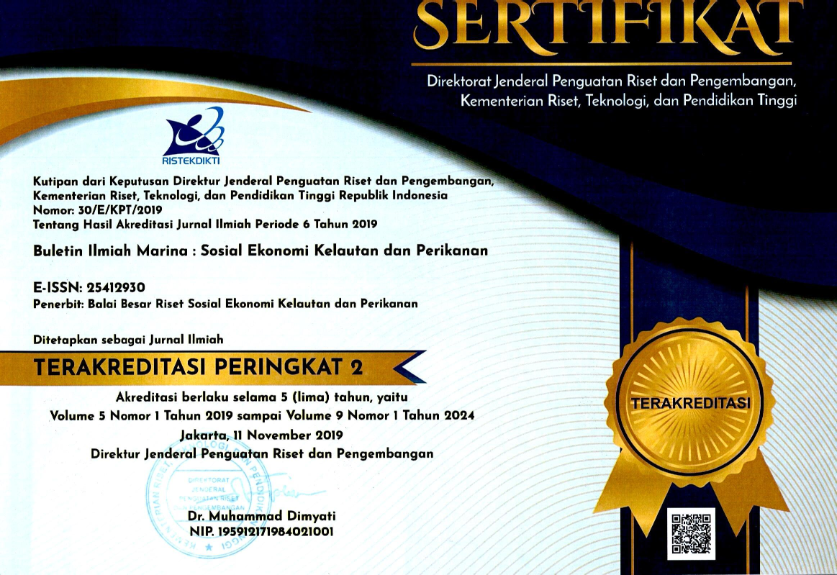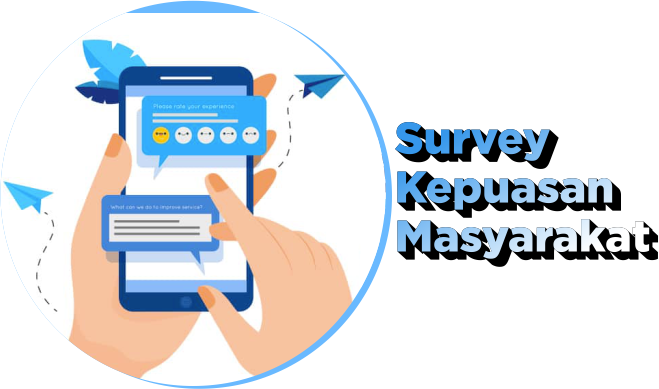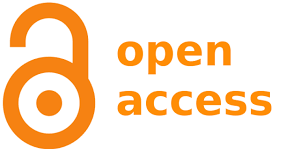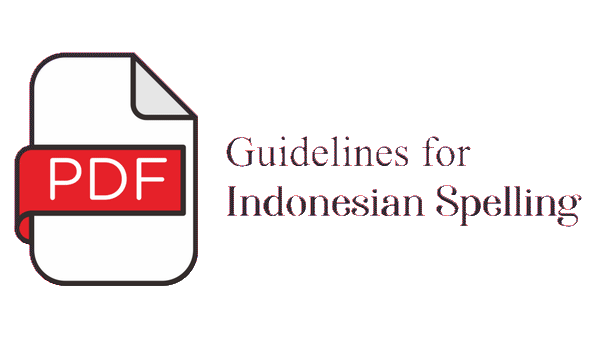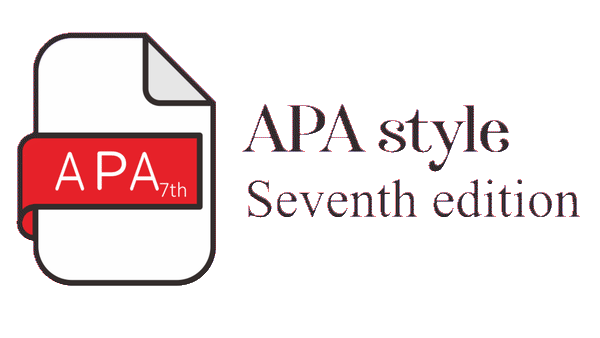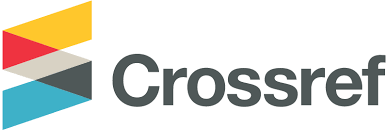Strategi Peningkatan Pendapatan Keluarga Nelayan Melalui Peran Perempuan: Studi Kasus pada Komunitas Nelayan Demak, Jawa Tengah
Abstract
Peran perempuan dalam komunitas nelayan sangat signifikan, baik dalam aktivitas praproduksi, produksi, maupun pascaproduksi untuk meningkatkan pendapatan keluarga. Peran seperti itu telah dilakukan oleh perempuan di wilayah pesisir Kabupaten Demak, Jawa Tengah. Penelitian ini bertujuan untuk menganalisis permasalahan yang dihadapi perempuan di wilayah pesisir Kabupaten Demak dalam menjalankan usahanya di sektor kelautan dan perikanan dan memahami strategi yang dilakukan baik secara individu maupun kelompok. Lokasi penelitian dilakukan di tiga desa nelayan di Kabupaten Demak, yaitu Desa Morodemak, Purworejo, dan Margolinduk. Penelitian ini menggunakan metode kualitatif melalui fishcollabs sebagai alat bantu diagnosis partisipatif dengan pengumpulan data yang dilakukan melalui wawancara mendalam, focus group discussion (FGD), dan observasi lapangan. Penelitian menemukan bahwa ragam persoalan yang dihadapi perempuan di wilayah pesisir yaitu terkait dengan kondisi lingkungan dan stagnasi di bidang usaha perikanan. Stagnasi usaha yang dimaksud terkait dengan aspek pemasaran. Hal itu disebabkan oleh kurangnya kemampuan dalam menciptakan nilai tambah produk olahan, dan jaringan pemasaran yang dimiliki perempuan di wilayah tersebut, serta adanya permasalahan degradasi lingkungan permukiman. Ada beberapa opsi strategi yang penting untuk meningkatkan peran perempuan yaitu: (1) pelatihan peningkatan kapasitas usaha; (2) pelatihan pengemasan produk olahan dan jaringan pemasaran; dan (3) pelatihan pengelolaan bank sampah.
Tittle: Strategies for Increasing Fisher’s Family Income Through the Role of Women: A Case Study in the Fishing Community of Demak, Central Java
The role of women is very significant, in production and post-production in the fisheries sector, including the contribution of women in the coastal area of Demak Regency, Central Java. This paper aims to discuss the problems women face in coastal areas in running their businesses in the fisheries sector, as well as strategies to overcome these problems, individually and collectively. The study focuses on case studies of three fishing villages in Demak Regency: Morodemak Village, Purworejo Village and Margolinduk Village. This study uses a qualitative method through fish collabs as a participatory diagnostic tool, with data collection carried out through in-depth interviews, FGDs, and field observations. However, the research found various barriers women face in coastal areas, especially environmental conditions and stagnation in the fisheries business. The business stagnation is associated with the marketing aspect caused by the lack of added value for processed products and marketing networks owned by women, as well as the problem of environmental degradation in settlements. This article shows how training to increase business capacity, packaging of processed products and marketing networks, as well as waste bank management are essential strategic options for women.
Keywords
Full Text:
PDFReferences
Abatemarco, T. (2018). Women’s sense of farming: Ecofeminism in sustainable farming and local food in Vermont, U.S.A. Gender, Place & Culture, 25(11), 1601–1621. https://doi.org/10.1080/0966369X.2018.1555144.
Abdurrahim, A. Y., Ross, H., & Adhuri, D. S. (2020). Analysing fisheries conflict with the FishCollab “conflict mapping” toolkit: Lessons from Selayar, Indonesia. IOP Conference Series: Earth and Environmental Science, 420(1). https://doi.org/10.1088/1755-1315/420/1/012001.
Achmad, Z. A., Mardliyah, S., Siswati, E., Luawo, S. R., & Wahyudi, A. (2020). Menumbuhkan upaya diversifikasi usaha melalui pengautan keterampilan pada komunitas koperasi wanita nelayan di Gresik. JABN, 1(2), 1–14. https://doi.org/10.33005/jabn.v1i2.18.
Agarwal, B. (1992). The gender and environment debate: Lessons from India. Feminist Studies, 18(1), 119. https://doi.org/10.2307/3178217.
Agarwal, B. (2000). Conceptualising environmental collective action: Why gender matters. Cambridge Journal of Economics, 24(3), 283–310. https://doi.org/10.1093/cje/24.3.283.
Akinsemolu, A. A., & Olukoya, O. A. P. (2020). The vulnerability of women to climate change in coastal regions of Nigeria: A case of the Ilaje community in Ondo State. Journal of Cleaner Production, 246, 119015. https://doi.org/10.1016/j.jclepro.2019.119015.
Anjari, W., Harini, & Lukiyana. (2016). Pembentukan Koperasi Nelayan Kelurahan Kalibaru Kecamatan Cilincing Jakarta Utara. 3.
Artaya, I. P. (2019). membangun jaringan penjualan menggunakan jejaring sosial bagi pelaku usaha kecil. Universitas Narotama: Surabaya, February, 1–10. https://doi.org/10.13140/RG.2.2.34094.56645.
Béné, C., Arthur, R., Norbury, H., Allison, E. H., Beveridge, M., Bush, S., Campling, L., Leschen, W., Little, D., Squires, D., Thilsted, S. H., Troell, M., & Williams, M. (2016). Contribution of fisheries and aquaculture to food security and poverty reduction: Assessing the current evidence. World Development, 79, 177–196. https://doi.org/10.1016/j.worlddev.2015.1.
BPS. (2018). Kecamatan Bonang dalam angka tahun 2017. Katalog. Badan Pusat Statistik Kabupaten Demak.
BPS. (2017). Statistik Indonesia 2016. Badan Pusat Statistik.
Cole, S. (2017). Water worries: An intersectional feminist political ecology of tourism and water in Labuan Bajo, Indonesia. Annals of Tourism Research, 67, 14–24. https://doi.org/10.1016/j.annals.2017.07.018.
Crenshaw, K. (1991). Mapping the M=margins: Intersectionality, identity politics, and violence against women of color. Stanford Law Review, 43(6), 1241. https://doi.org/10.2307/1229039.
Fitriana, R., & Stacey, N. (2012). The role of women in the fishery sector of Pantar Island, Indonesia. Asian Fisheries Science, 25S (Special Issue), 159–175.
Frangoudes, K., & Gerrard, S. (2018). (En)Gendering change in small-scale fisheries and fishing communities in a globalized world. Maritime Studies, 17(2), 117–124. https://doi.org/10.1007/s40152-018-0113-9.
Frangoudes, K., Pascual-Fernández, J. J., & Marugán-Pintos, B. (2014). Women’s organisations in fisheries and aquaculture in Europe: History and future propects. J. U. & G. T. Accott (Ed.), Social issues in sustainable fisheries management, MARE Publications Series, 215–231. Springer. https://doi.org/10.1007/978-94-007-7911-2_12.
Harper, S., Grubb, C., Stiles, M., & Sumaila, U. R. (2017). Contributions by women to fisheries economies: Insights from five maritime countries. Coastal Management, 45(2), 91–106. https://doi.org/10.1080/08920753.2017.
Harper, S., Zeller, D., Hauzer, M., Pauly, D., & Sumaila, U. R. (2013). Women and fisheries: Contribution to food security and local economies. Marine Policy, 39, 56–63. https://doi.org/10.1016/j.marpol.2012.10.018.
Ibrahim H I, K. A. A., & R, M. (2011). Women’s experiences in small scale fish processing in Lake Feferuwa fishing community, Nasarawa State, Nigeria. Livestock Research for Rural Development, 23. ttp://www.lrrd.org/lrrd23/3/ibra23042.htm.
Indrawasih, R. (2015). Peran produktif perempuan dalam beberapa komunitas nelayan di Indonesia. Jurnal Masyarakat & Budaya, 17(2), 249–264.
Indrawasih, R., & Pradipta, L. (2021). Pergerakan sosial perempuan pesisir dalam memperjuangkan hak asasi manusia dan kesetaraan gender. Satwika : Kajian Ilmu Budaya dan Perubahan Sosial, 5(1), 105–117. https://doi.org/10.22219/satwika.v5i1.15537.
Mutia, M. T. M., Magistrado, M. L., Fermaran, M. J. L., & Muyot, M. C. (2020). Gender participation in the fisheries sector of Lake Taal, Philippines. The Philippine Journal of Fisheries, 157–182. https://doi.org/10.31398/tpjf/27.2.2018a0001.
Nowak, B. S. (2008). Environmental degradation and its gendered impact on coastal livelihoods options among Btsisi’ households of Peninsular Malaysia. Development, 51(2), 186–192. https://doi.org/10.1057/dev.2008.3.
Osman-Elasha, B. (n.d.). Women In The Shadow of Climate Change. Diakses November 9, 2022, dari https://www.un.org/en/chronicle/article/womenin-shadow-climate-change.
Pratiwi, A. M., & Boangmanalu, A. G. (2017). The existence and power of fisherwomen in Morodemak and Purworejo Villages: Against violence, bureaucracy, and biased of religious interpretation. Jurnal Perempuan, 22(4), 295. https://doi.org/10.34309/jp.v22i4.203.
Pudjiastut, W., & Herman, S. (2009). Peningkatan nilai tambah makanan khas daerah melalui perbaikan kemasan. Jurnal Riset Industri, vol 3, no 3, 2009.
Ratri, A. M. (2018). Women’s survival strategies and empowerment: The case study from Indonesian fisherwomen’s collective action. Proceeding of the 6th AASIC, 532–536.
Ratri, A. M. (2022). The backbone of fisheries: Indonesian women in small-scale fisheries organize to overcome gender inequalities. Michigan State University ProQuest Dissertations Publishing. https://doi.org/doi:10.25335/nwsq-1k04 ISBN 9798426861305.
Ross, H., Adhuri, D. S., Abdurrahim, A. Y., & Phelan, A. (2019). Opportunities in community-government cooperation to maintain marine ecosystem services in the Asia-Pacific and Oceania. Ecosystem Services, 38(June), 100969. https://doi.org/10.1016/j.ecoser.2019.100969.
Siar, S. V, & Kalikoski, D. C. (2016). Strengthening organizations and collective action in fisheries: Towards the formulation of a capacity development programme. Workshop report and case studies. Fao Fisheries and Aquaculture Proceedings 4(November). http://www.fao.org/3/a-i6205e.pdf.
Solano, N., Lopez-Ercilla, I., Fernandez-Rivera Melo, F. J., & Torre, J. (2021). Unveiling women’s roles and inclusion in Mexican small-scale fisheries (SSF). Frontiers in Marine Science, 7. https://doi.org/10.3389/fmars.2020.617965.
Torre, J., Hernandez-Velasco, A., Rivera-Melo, F. F., Lopez, J., & Espinosa-Romero, M. J. (2019). Women’s empowerment, collective actions, and sustainable fisheries: Lessons from Mexico. Maritime Studies, 18(3), 373–384. https://doi.org/10.1007/s40152-019-00153-2.
Wulandari, F. T. (2020). Gender barriers in aquaculture and fisheries: An overview, 3. https://pair.australiaindonesiacentre.org/wp-content/uploads/2020/07/Gender-in-aquaculture-v1.pdf.
DOI: http://dx.doi.org/10.15578/marina.v9i1.11743
Refbacks
- There are currently no refbacks.
Indexed by:
---------------------------------------------------------------------------------------
Published by
Balai Besar Riset Sosial Ekonomi Kelautan dan Perikanan
in collaboration with
Indonesian Marine and Fisheries Socio-Economics Research Network

This work is licensed under a Creative Commons Attribution-NonCommercial-ShareAlike 4.0 International License.

